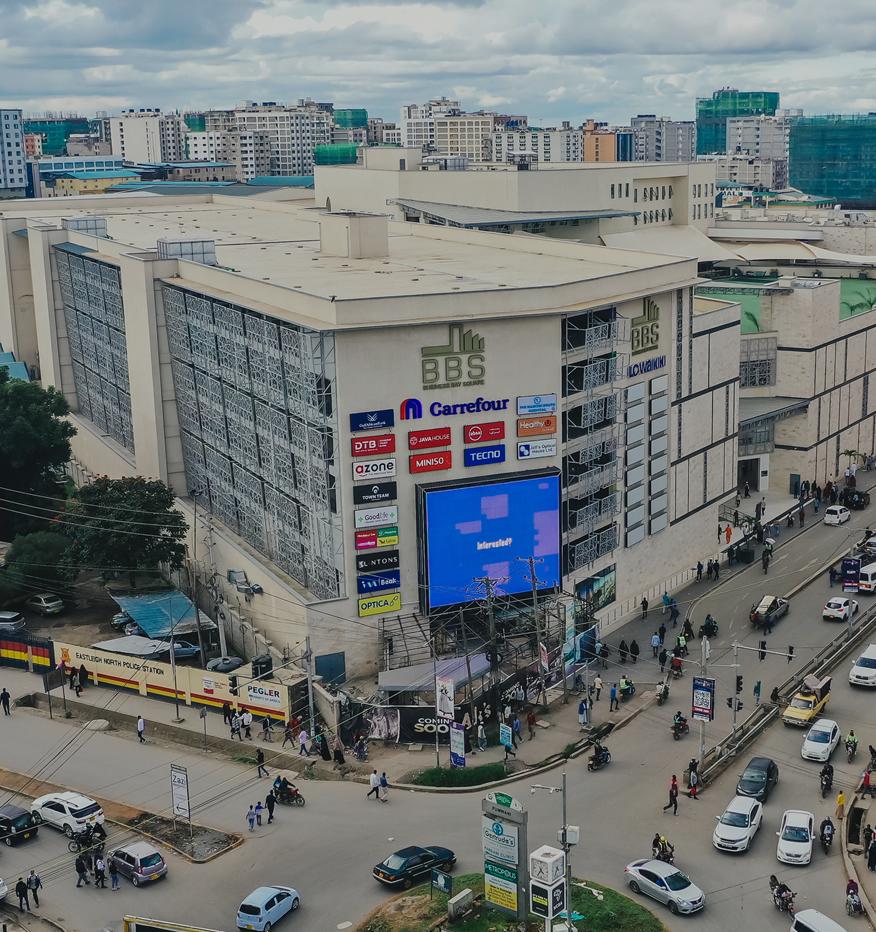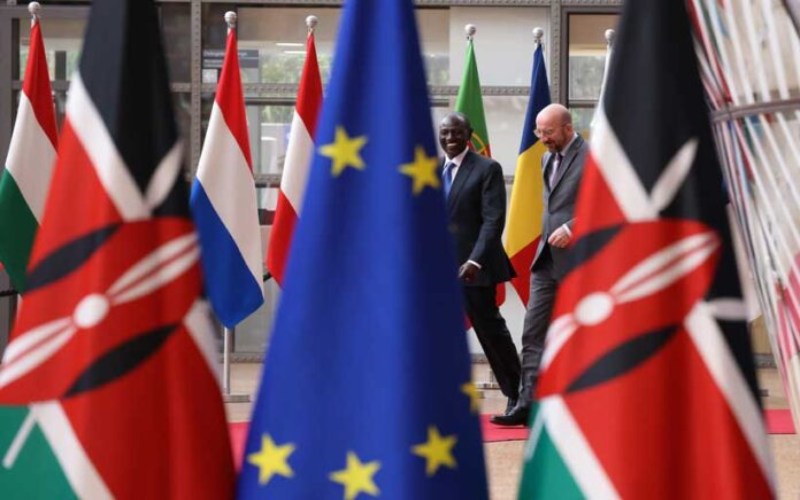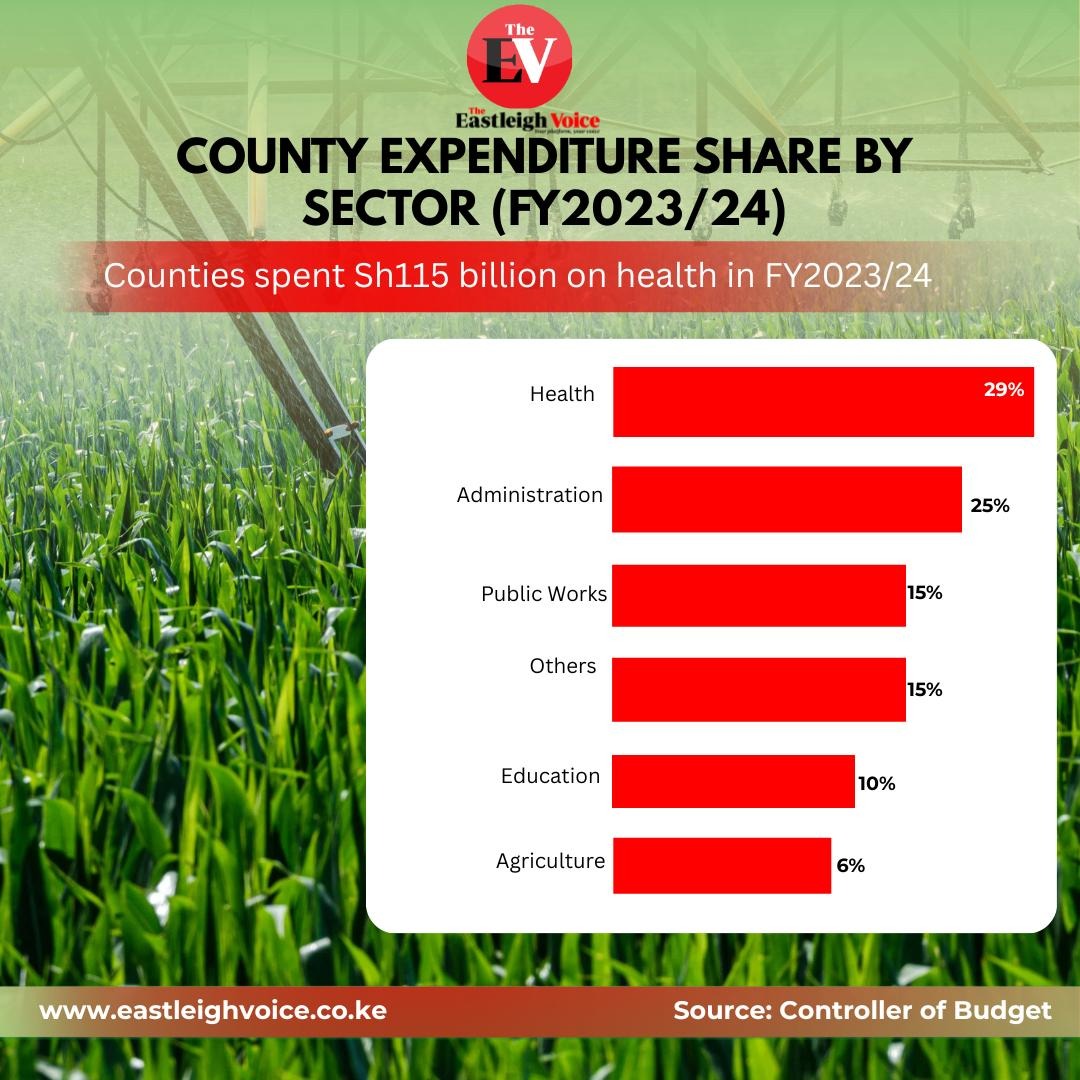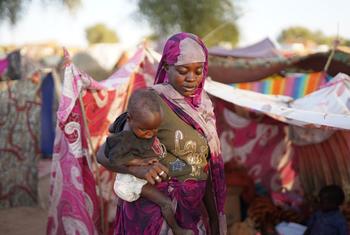Kenya ranked 10th in Africa’s most attractive investment destinations

The report also highlights Kenya's continued appeal as a technology and innovation hub, pointing to major investments by global giants such as Google, Meta, and Microsoft
Kenya has ranked 10th among Africa's most attractive investment destinations, according to the latest Where to Invest in Africa 2025/26 report, which shows that smaller, well-governed economies are increasingly outperforming traditional powerhouses.
The report, by Rand Merchant Bank (RMB), notes that while Kenya's growth has slowed from its post-COVID-19 peak of 7.6 per cent in 2021, its projected 5 per cent expansion over the next few years remains among the strongest on the continent.
More To Read
- Tanzania police issue fresh warning against nationwide demonstrations
- FAO index shows decline in global food prices, except cereals
- Tanzania streets deserted as police and soldiers quash Independence Day protests
- World Bank warns political interference weakening Kenya’s state-owned enterprises
- Police arrest activists protesting at Tanzanian High Commission in Nairobi
- HRW urges Tanzania to release detained opposition ahead of independence day
It also highlights Kenya's continued appeal as a technology and innovation hub, pointing to major investments by global giants such as Google, Meta, and Microsoft.
However, the report warns that recurring unrest, fuelled by frustrations over the high cost of living and allegations of police brutality, poses a critical risk to long-term stability.
"The unrest, described as having an "amorphous character" and being led by the youth, has been difficult for the Ruto administration to control. Political stability is needed for the Silicon Savannah to continue leading the way as an African technology hub," the report reads.
Tanzania, ranked ninth, was recognised for its ambitious Vision 2050 strategy, which aims to propel the country to upper middle-income status through industrialisation, public-private partnerships, and infrastructure expansion.
The index evaluated 31 African economies using 20 indicators across four categories: macroeconomic performance, market accessibility, innovation and stability and human development.
According to the report, Tanzania's growth is expected to rise from 5.5 per cent in 2024 to 6.5 per cent by 2028, supported by low inflation and manageable debt levels.
"Inflation has averaged below 4 per cent for five years, and government debt is modest compared to peers at below 50 per cent of GDP. Projects such as the Tanzania Standard Gauge Railway and $10 billion Bagamoyo Port revival signal a move in the right direction," said the report.
"However, to reach its goal of a $1 trillion GDP by 2050, Tanzania's economy will need to grow at nearly double the current pace."
Seychelles and Mauritius topped the continental rankings, driven by strong fiscal management, low corruption levels, and robust post-pandemic recoveries. The two island nations have also emerged as key gateways for sustainable finance and blue-economy innovation.
Egypt ranked third, supported by renewed Gulf funding and IMF-led reforms expected to drive 4.5 per cent growth in the 2025/26 fiscal year.
South Africa, which came in fourth, continues to struggle with long-standing structural challenges, but the report notes that improved market sentiment has lifted the Johannesburg Stock Exchange, which gained 14.7 per cent in early 2025.
Morocco, which came in fifth, is pushing ahead with massive infrastructure upgrades as it prepares to co-host the 2030 FIFA World Cup, with the IMF projecting its economy will grow by about 3.5 per cent in 2026.
In West Africa, Ghana placed sixth, showing signs of stability under IMF and World Bank programmes, with growth expected at 4.3 per cent next year, while Algeria came in seventh and Côte d'Ivoire followed at eighth after boosting export diversification and local processing of cocoa and cashews.
Nigeria, once among the top ten, slipped from ninth to eighteenth, following the removal of fuel subsidies and currency reforms that caused inflation and exchange-rate volatility.
Even so, the report notes that the IMF expects growth in the country to rebound to around 4.2 per cent by 2026 as the economy begins to stabilise.
Top Stories Today











































